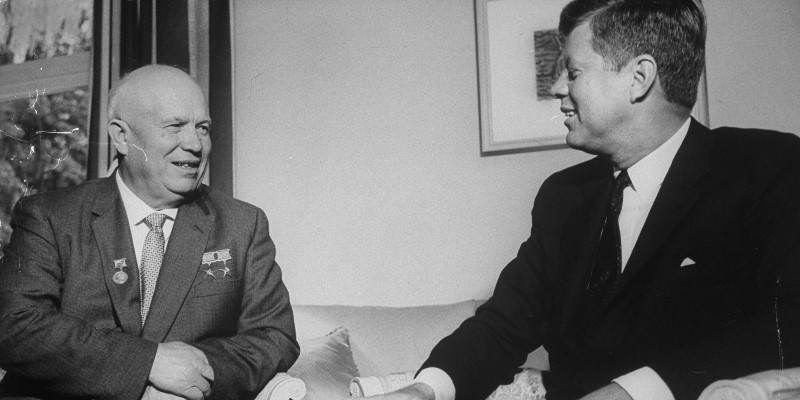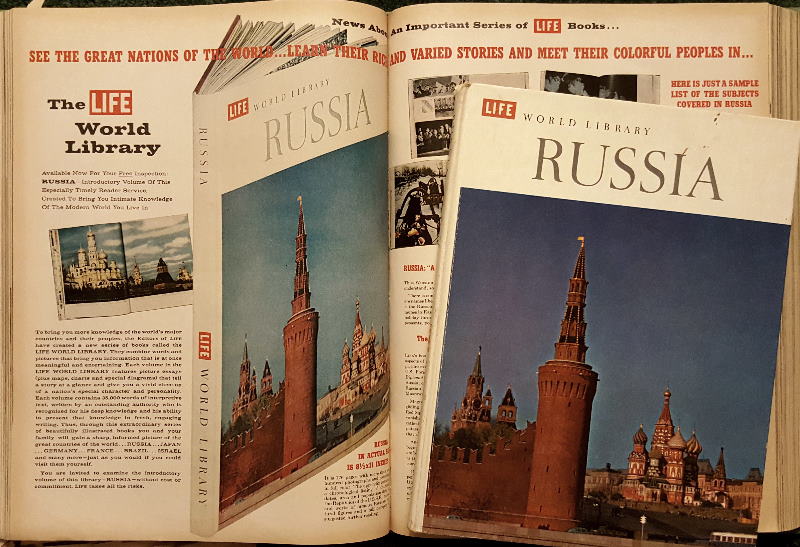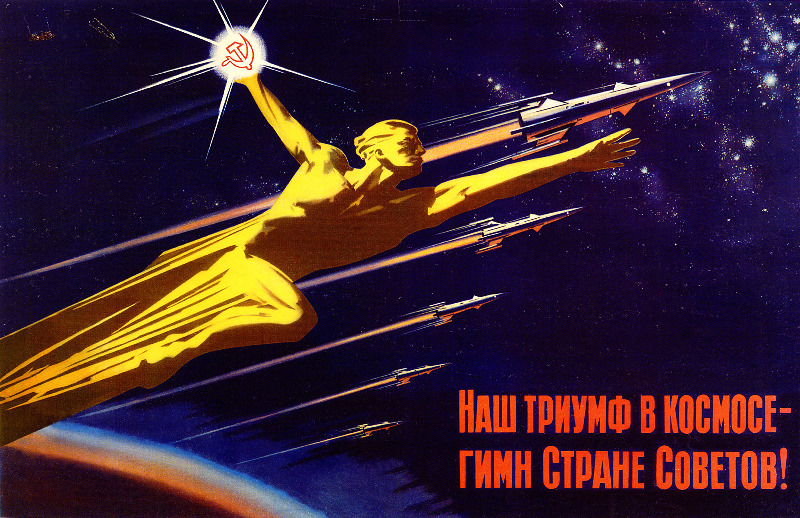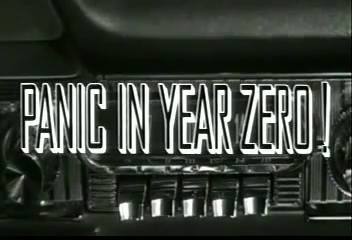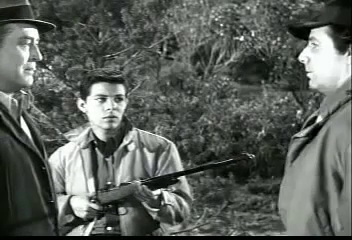[if you’re new to the Journey, read this to see what we’re all about!]

by Gideon Marcus
Sometimes, the future comes so fast, it bewilders.
This rushing feeling I've had all month must be similar to what my grandparents felt when the Wright Brothers first took off. For millennia, people have dreamed of flight, envying the birds. Yet flying was always the province of make-believe, of fanciful stories. Then, on one day in 1903, airplanes became a reality, and the world was transformed.

Ditto space travel. That dream has been alive since the Ancient Greeks, yet it was entirely a theoretical concern until the Soviets pierced the heavens with their first beeping Sputnik. It is easy to forget, now that there have been well over one hundred successful orbital missions, that just five years ago, there had been none.
The advances made just this month are tremendous, each one as significant as the breakthroughs I've just detailed. Let's review:
Ma Bell, Orbital Division

Unless you've been living under a rock the last few weeks, you can't have missed virtually non-stop coverage of the first civilian communications satellite, AT&T's Telstar. Launched July 10, it circles the Earth every 90 minutes; for 20 minutes of every orbit, North America and Europe are linked via the dappled spheroid.
Now, it's not as if the two continents had been completely cut off before. However, the only way to communicate was via undersea phone line (expensive, not useful for television), or shortwave radio (no pictures). If the UK wants to watch reruns of The Twilight Zone, or if we wanted to see airings of Danger Man or Supercar, we have to wait for videotapes to be shipped/airmailed across the Pond. News from abroad is often days out of date.

That's about to change. Starting with a fairly humdrum broadcast of a flag in France, Telstar's programming has now included a host of shows including a Presidential address and a sports match. And everyone can receive them (so long as the local stations rebroadcast the feed). Over the next few years, expect satellite coverage to become continuous. Arthur C. Clarke's dream of comsats fixed in the sky, 22,500 miles overhead, will soon become a reality, and the world shall be connected as never before.
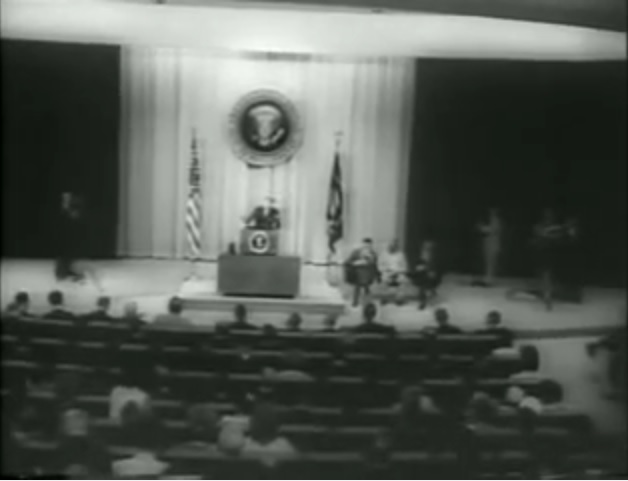
Jousting Space Shutterbugs

Since April, the Soviets have been orbiting a series of disparate probes under the unified designation, "Kosmos," the latest being Kosmos 7, which launched yesterday. Details on these flights have been sketchy, and while they are all billed as scientific missions, it is beyond doubt that some or all of them have been spy satellites. I infer this based on the fact that at least one of them was deorbited and recovered a few days after launch – the same modus operandi as our Discoverer film-return satellites.
Speaking of which, yesterday we launched the 47th in the Discoverer series. As usual, the Air Force did not announce the flight, but it was in the papers anyway. It's really hard to hide a rocket launch in the middle of California.
It is unlikely that the two satellites took pictures of each other, but wouldn't that be a snapshot to develop?
Getting to Space the Old-Fashioned Way

Until this month, the only way into the deep black was at the tip of a rocket, as Messrs. Shepard, Grissom, Glenn, Carpenter, Gagarin, and Titov can attest. But on July 17, Major Robert White flew his X-15 rocket plane to an altitude of 59 miles. For NASA, that's close enough to outer space to count, and they're giving the Major a pair of astronaut wings to wear on his flight suit.
White experienced three minutes of weightlessness during his flight, and the stars were brilliant and unwinking at the journey's apex. While this is close to the highest the X-15 can ever fly, it strongly suggests that, in the not too distant future, the next generation of spaceplanes will zoom into orbit from a conventional runway.
Just try not to live right under the take-off point. That could get loud.
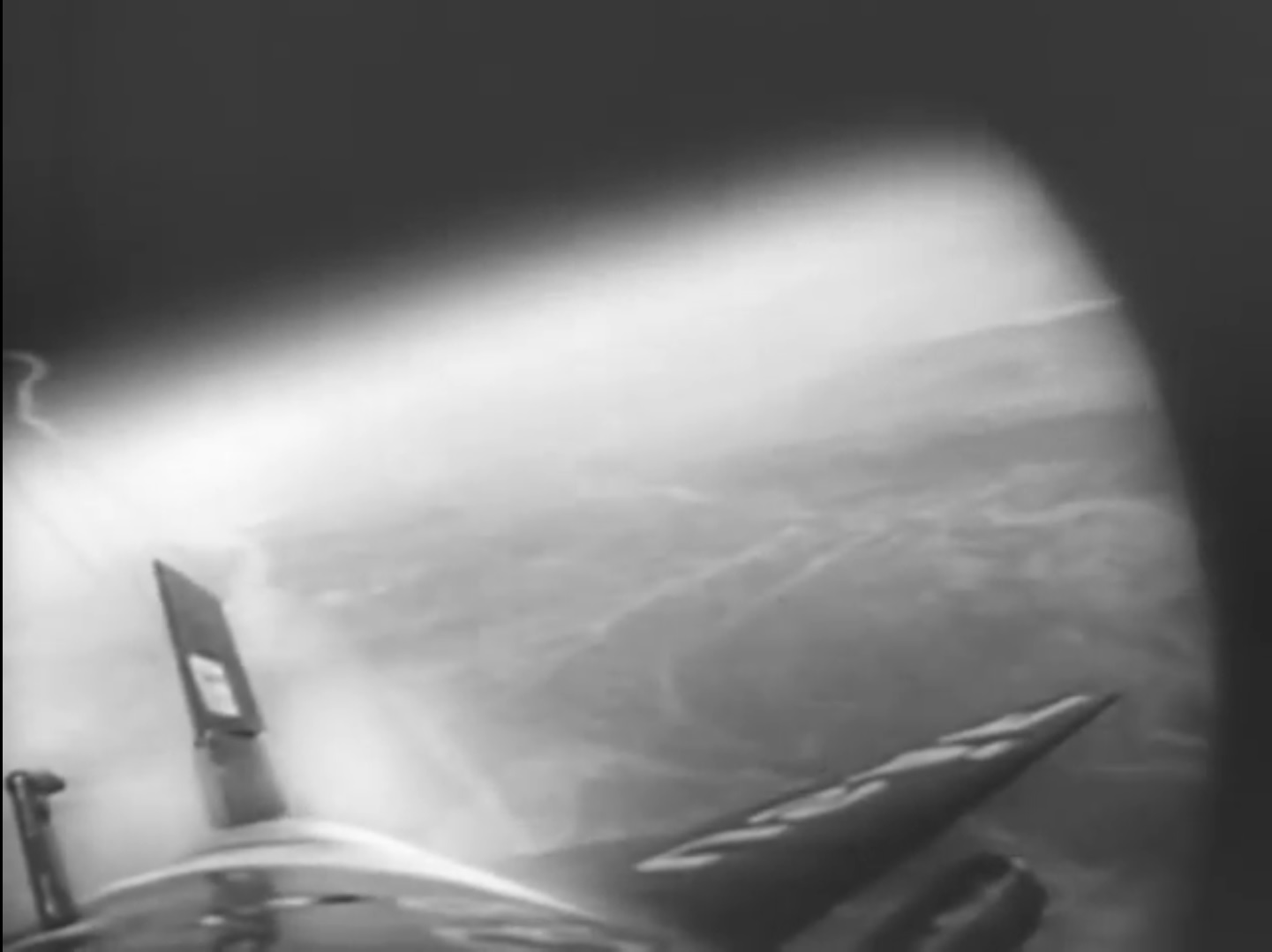
Bits and Pieces

The Apollo moonship design is moving right along. One lingering question, however, was how the thing would get to the moon. After all, it is the heaviest manned spacecraft yet developed. The original concept involved building a giant version of the already giant Saturn booster. This eight-engine monster is dubbed Nova, and it would take Apollo directly to the moon. Appropriately, this mode is called "Direct Ascent."
A cheaper idea involves using two Saturn C-5s (a simpler, 5-engine variant), one carrying the Apollo, and the other carrying the fuel. The two would meet in Earth orbit before jetting off to the moon. This mode is called "Earth Orbit Rendezvous."
But it was the plucky underdog idea that was ultimately chosen this month. Called Lunar Orbit Rendezvous, it requires just one Saturn C-5. At its tip will be an Apollo, some fuel, and a teeny Lunar Excursion Module (or LEM). The Apollo, itself, won't land on the moon. Instead, two astronauts of the three will cram into the LEM for the landing.
This mode was, at first, deemed too complicated to be practicable. Computers are getting better these days, however, and the cost savings are significant. Moreover, there's less to go wrong with one rocket than two.
I'm wholly in favor of this move. After all, anything with the acronym LEM must be incredible.

Conquered by (the Planet of) Love

The one bit of sad news accompanies the loss of Mariner 1, our first planned mission to Venus. Launched on July 22, its Atlas Agena rocket, the biggest one we've got right now (save for the still-in-testing Saturn 1), glitched during take-off and had to be destroyed five minutes into the flight.
Unlike Pioneer 5, which two years ago flew to Venus' orbit and demonstrated the possibility of long-range telecommunications, Mariner 1 would have flown by the planet, itself. It would not have been able to take pictures; the Atlas Agena combination isn't powerful enough to lift a spacecraft with a big enough radio to send scans of photos. We'll have to wait for the beefier Atlas Centaur for that.
Instead, Mariner 1 is really a retool of the first generation of Ranger moon probes, carrying a slew of particle and electromagnetic wave detectors. If an "R-type" Mariner makes it to Venus, we won't get a look under the planet's shroud of clouds, but we will, at least, finally know hot the world is and get some information on its magnetic field.
The good news? Mariner 2 is scheduled for launch next month. Let's hope that one works – otherwise, we'll have to wait another year and a half for Earth and Venus to be in favorable position for a mission.
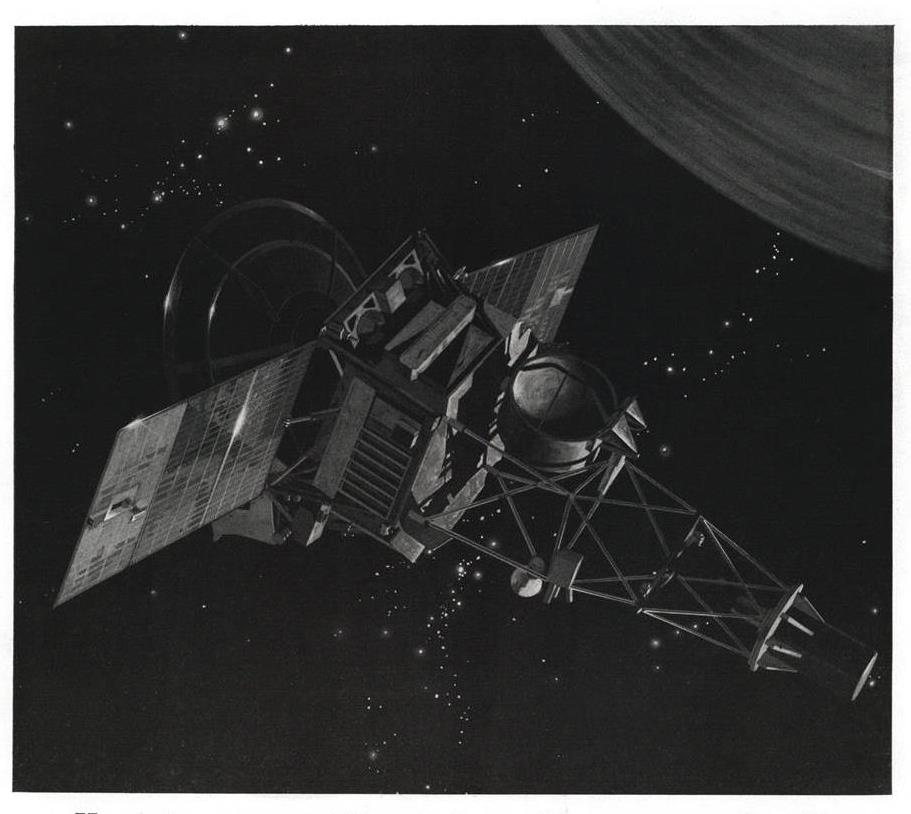
Live via Visi-Phone!

Courtesy of Telstar and the miracle of Visi-phone(tm) technology, the Journey had a smashing second Tele-Conference on July 29, covering a wide range of topics: from news of the day, to discussion of the upcoming Hugo Awards, to talking about this Summer's blockbusters.
If you missed the live broadcast, catch the rerun. Check your local listings for details.
Congratulations go out to Mark Yon and Nathan "Rocky" Anderson for asking the best questions! You can expect your prizes to arrive over the next few weeks. And to the rest of our audience, warm thanks from the Galactic Journey staff. We look forward to seeing you again when we do our third Tele-Conference in 2-3 months.
In the meantime, enjoy this revolutionary new era. The future is only going to come more quickly, I predict…
—


